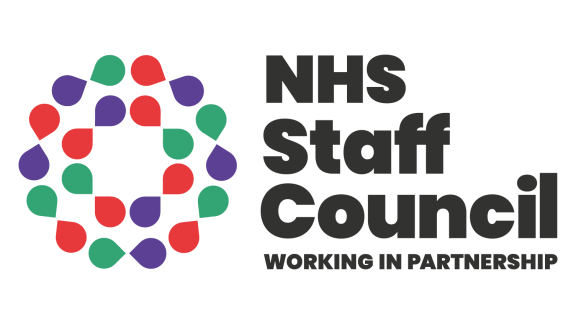NHS Employers' evidence to the NHS PRB 2024/25

We have published our 2024/25 written evidence to the NHS Pay Review Body (NHS PRB). Our submission supports the principle of investment in the pay system for the benefit of all staff, however this year we have reflected on several areas of the pay structure that require some targeted action. Our submission reflects the views of employers on the combined effect of the financial, economic and workforce challenges the NHS has faced. It considers how the NHS Long Term Workforce Plan (LTWP), along with these challenges, may influence employers’ decisions on pay and reward.
Our evidence has been informed by a continuous cycle of engagement with a full range of NHS organisations about their strategic priorities, opportunities, and challenges. Below are some of the key messages, download and read the full evidence.
Key messages
- Employers continue to express their concerns about the impact of the delay of the pay award and the inability to implement this from its effective date of 1 April each year. We recommend that the timetable in relation to the pay-setting process is adjusted, thereby enabling a return to prompt implementation and more timely payment of awards. Any pay award should be fully funded across the whole of the health sector and not just provider trusts.
- The publication of the LTWP is a positive step forward in addressing the ways in which staff are recruited, trained and retained in the NHS. However, employers welcome more clarity on the sustainable longer-term funding commitments needed to deliver the priorities set out in the plan. The same applies to the new workforce strategy for adult social care in terms of government support and sustainable financial investment.
- The position on entry-level pay in the NHS should be considered on a longer-term basis alongside the future trajectory of the National Living Wage, to ensure it remains competitive and sustainable and avoids the need for further temporary adjustments to be made.
- The nursing and midwifery national profile review work is continuing. It has already noted that a considerable number of job descriptions have not been reviewed in recent years, resulting in out-of-date and inaccurate job descriptions where additional duties have been taken on and/or work procedures have changed over time. As a result, there is likely to be an increase in the number of requests to review job descriptions at an employer level.
- Offering flexibility across the NHS Pension Scheme for the entire workforce makes the scheme a stronger tool for reward, recognition and retention. We welcome conversations to explore the options around introducing greater flexibilities and how these could be implemented.
- Staff engagement, health and wellbeing and workload pressures have been highlighted as key factors that affect the retention of staff. While pay is also a factor in why people leave their NHS career, to improve retention and achieve the goals set out in the LTWP, more action is needed to improve staff experience.
About the NHS pay review body (NHSPRB)
The independent NHS PRB makes recommendations to the government on pay awards for nurses, health professionals and other NHS staff. NHS Employers submits evidence to the review body, based on information collected from our policy board, and engagement with a wide range of employers. Final decisions on pay awards are made by the government.


